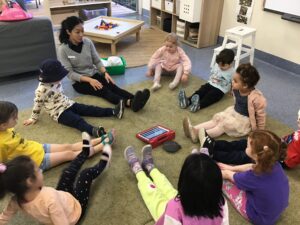Preparing for School
 From their first day of Kindergarten, we begin to prepare your child for school.
From their first day of Kindergarten, we begin to prepare your child for school.
Our high-quality early childhood education program is based on the children’s interests, needs and strengths. We provide various play-based experiences to encourage development across all development areas.
We recognise that families and educators play an integral role in supporting children with school preparation, not only preparing your child with skills for school and life.
It is important to remember that:
Children will learn to write, but first, they need to…………
- Imagine – Making up stories when they paint and create will help them to write
- Build – Will strengthen their fingers to support writing
- Scribble and Draw – Making marks and shapes convey their message and will help them to write
- Manipulate – using paintbrushes, crayons, pencils and pens will help them to write
- Climb – To provide core strength and coordination to sit up straight and write
- Play with letters and words – To encourage an interest in letters and words to write
………… and they need someone to show them how important writing is!
Children will learn maths, but first, they need to…………
- Count – Understanding numbers will help them in all areas of maths
- We begin to prepare your child for school – Understanding same and different will help them to classify
- Explore – Exploring will help them understand spatial terms like: in front, behind, above, below, left and right
- Measure – Measuring will help them understand the concepts of height, length, weight, time and money
- Pattern – Making and recognising patterns will help them make maths predictions
- Recognising shapes – Recognising 2D and 3D shapes will help them in all areas with geometry
………… and they need someone to explore these concepts with them every day!
 Children will learn to read, but first, they need to…………
Children will learn to read, but first, they need to…………
- Rhyme – Recognising the sound of letters before they can read
- Look at books – They need to be interested in words and books to read
- Track – Following objects with their eyes to help them read
- Talk – They need an extensive vocabulary to understand what they read
- Do puzzles – Differentiating sizes, shapes, lines and directions to improve reading
- Build – Using their fingers to hold books and turn the pages
………… and they need someone to read to them every day!
 SEQTA
SEQTA